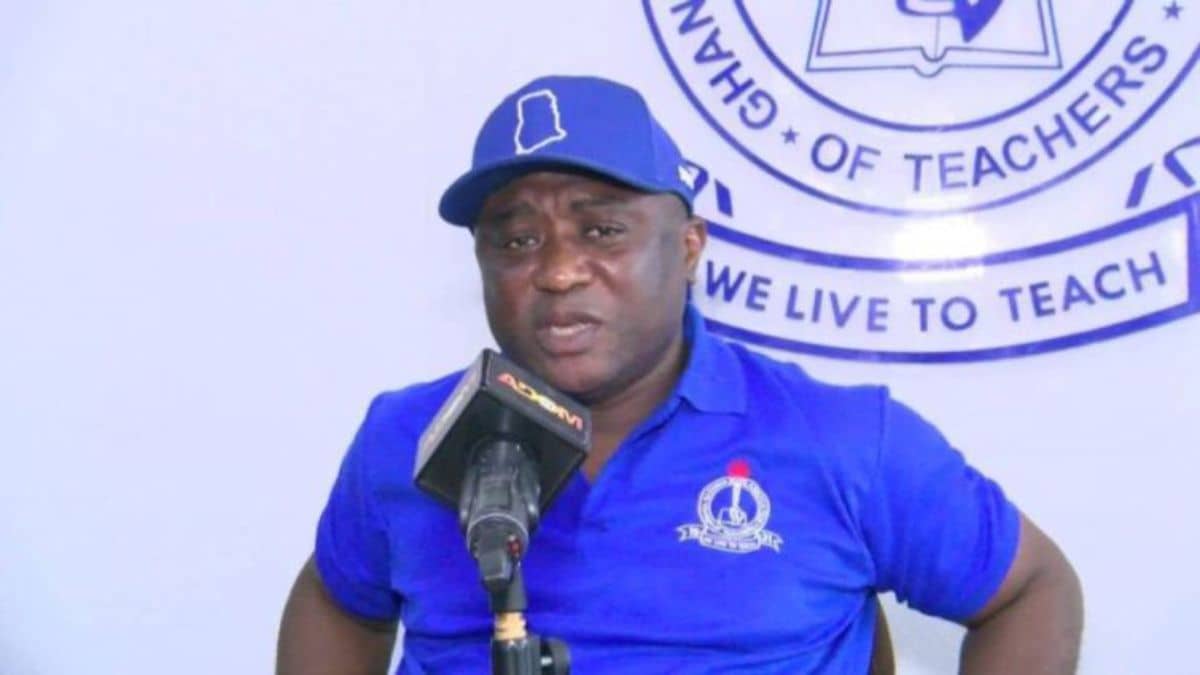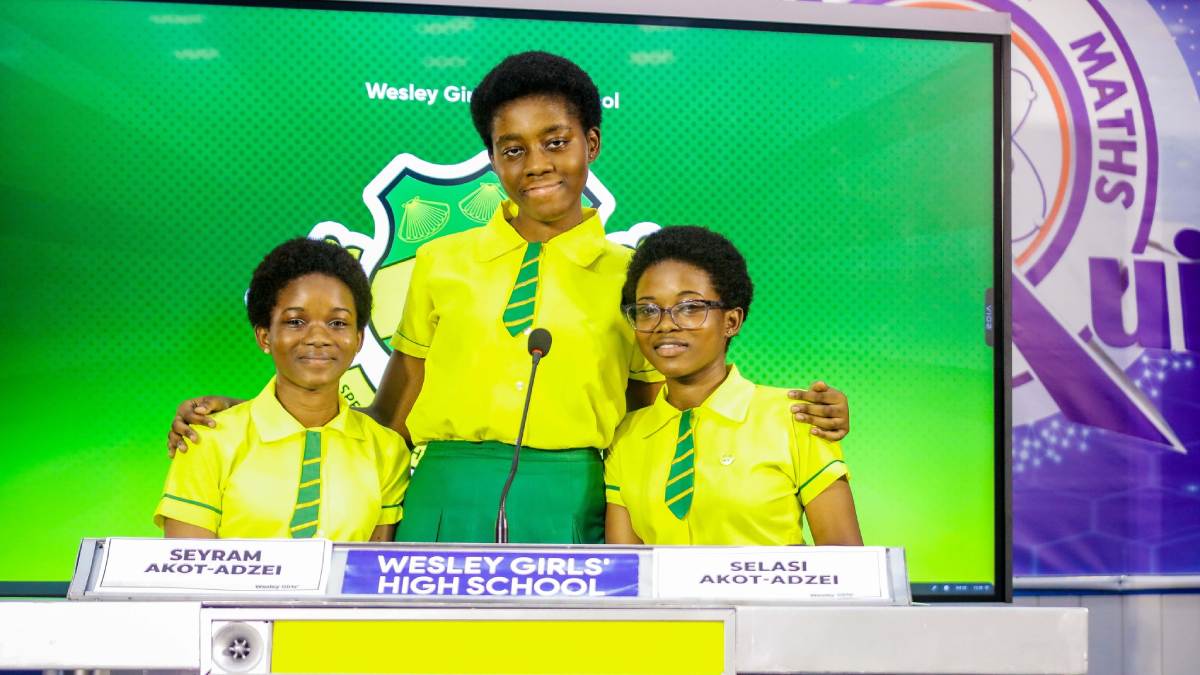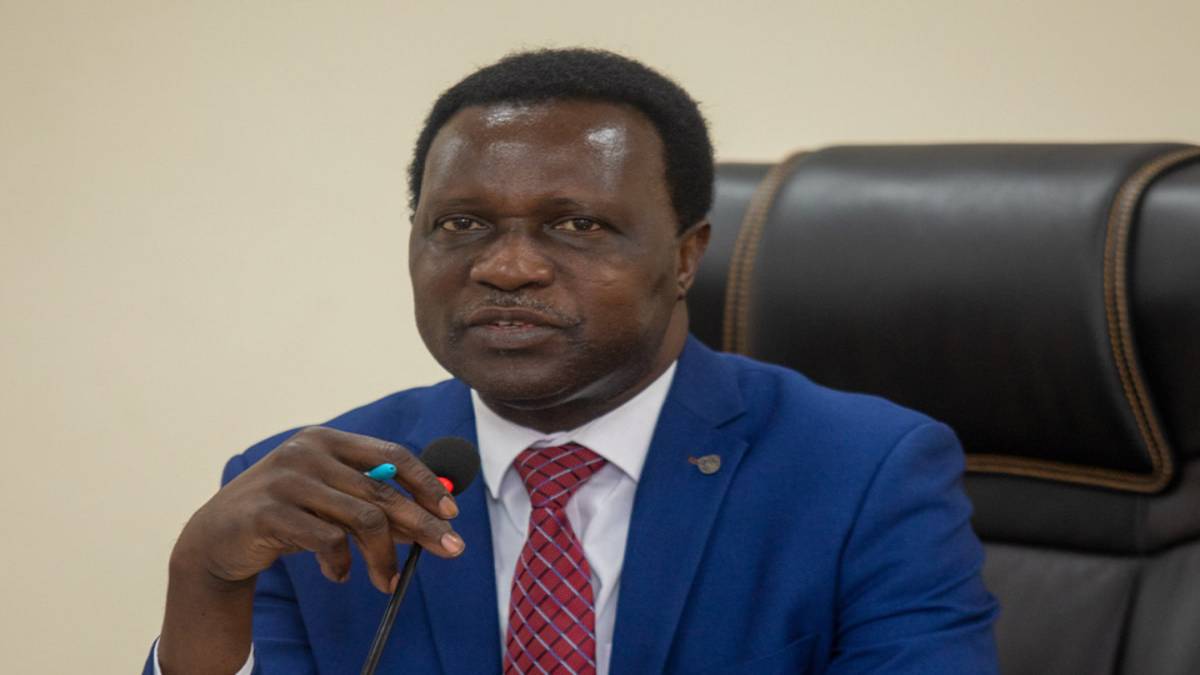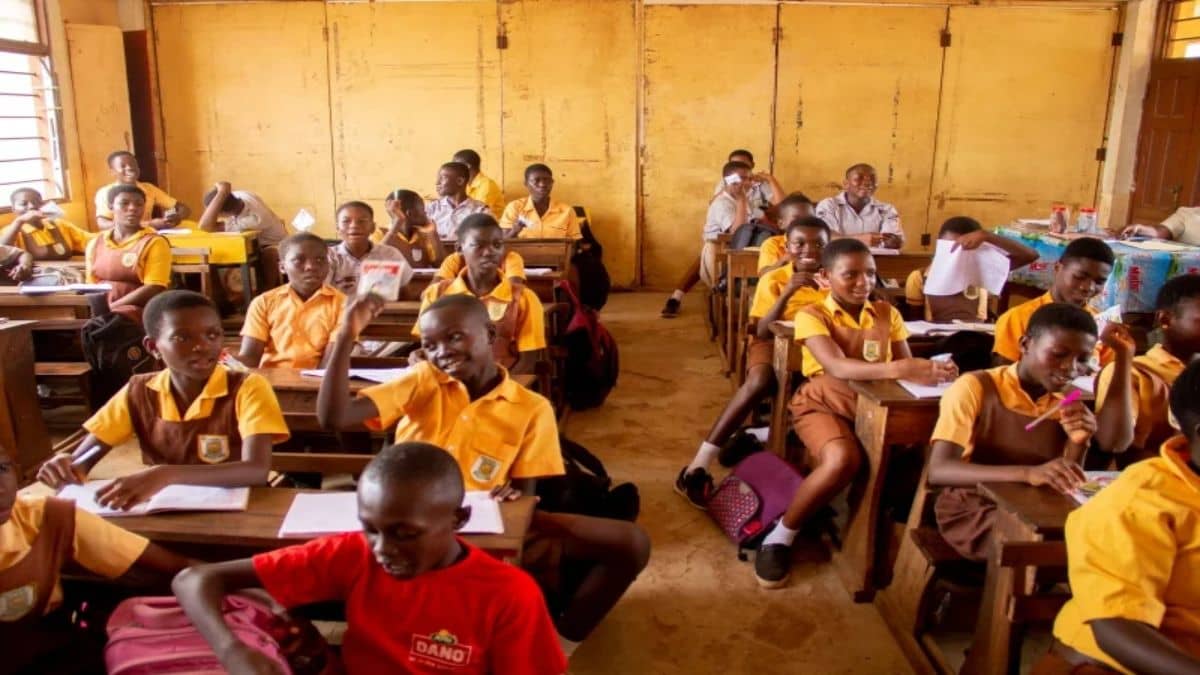MoE rolls out local language alongside English for teaching policy

The Ministry of Education (MoE) says it is fully implementing the policy of using children’s home languages alongside English for teaching and instruction in schools, a practice that dates back to independence.
In a statement sighted by Pretertiary.com, the Education Ministry debunked the claim that the English language has been dropped as the language of instruction in government basic schools in the country.
The statement signed by Dr Clement Apaak, Deputy Minister for Education, emphasised that the policy of using children’s home languages alongside English is long-standing, dating back to independence, but has not been fully implemented.
“The policy on the use of children’s home languages with additional languages, English, carefully introduced alongside, is not new. The policy has been in existence since independence, but implementation of it has not been effective and has been stalled,” the statement noted.
The Ministry of Education explained that teaching children in a Ghanaian or local language they understand, alongside English, strengthens learning outcomes across all subjects.
“There is very strong global evidence that teaching children in a language they understand, alongside English, strengthens their performance across all subjects in school
Teaching in a language the child does not understand or speak well creates major barriers to literacy acquisition.
So, we are committing to revisit the policy, based on global evidence, to ensure that we are teaching effectively from KG to Basic Year 3 to improve learning outcomes,” the Education Ministry stated.
To improve learning outcomes from Kindergarten to Basic Year 3, the Ministry plans to revisit the policy and draw upon successful local programmes such as Complementary Basic Education, which engage communities and extend early-grade teaching across Ghana’s 12 official languages.
“The policy, when enacted through consultation, is to ensure that Ghanaian children by the time they complete Basic Year 3, are well grounded in their playground or home language as a foundation for learning other languages as they progress through their education,” the Ministry said.
The Ministry for Education cited International evidence from countries including China, Finland, Japan, and Malaysia that supports this approach, showing that home language proficiency enhances learning in additional languages and fosters national identity and cultural appreciation.
It added, “As evidence has shown, the practice in countries such as China, Finland, Japan and Malaysia, proficiency in a home language or playground language is key to learning other languages effectively.
It also helps in developing in young learners national identity and appreciation of cultural values. The Ministry of Education is keen to ensure that no learner is left behind in receiving the quality education they deserve.
It is their right. We respect their right. At the end, we are nurturing individuals into responsible national adults and global citizens.
Therefore, the Ministry will not and has not cancelled the study of English and other international languages.”
The Ministry of Education, under Education Minister Mr Haruna Iddrisu, reiterated that no learner will be left behind and that English and other international languages will continue to be taught in schools.
The Education Ministry statement stressed that this approach ensures children receive the quality education they are entitled to while nurturing responsible national and global citizens.



